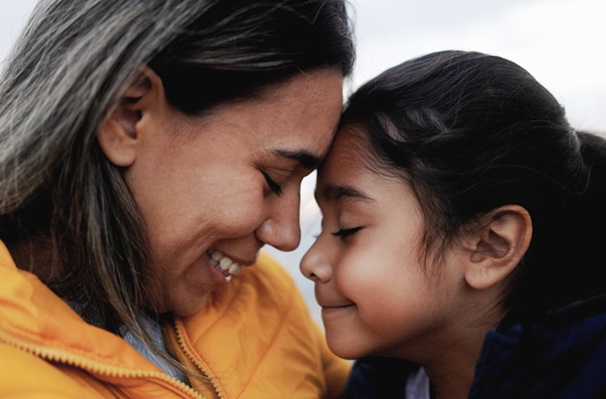
Written by: Carmen Mutschele, RCC
While Intergenerational Trauma has become the buzz word in Psychotherapy over the last decade it hardly captures the pain, grief, and loss Indigenous people face to this day. I grew up in Germany where the Holocaust was covered extensively in Middle and Highschool and I was surprised to discover that when my own children went to school here in British Columbia (they both graduated over 10 years ago), Truth and Reconciliation was but a side note on their academic schedules. Now, many years later I work as a Child and Youth Counsellor at an Indigenous agency in the Interior of B.C, where I continue to learn and be humbled by the complexities of how Trauma which is passed down through generations.
During grad school, one of our required readings was Eduardo Duran’s book Healing the Soul Wound. This book has not only changed my life, but Duran’s teachings have also informed my relationship with Indigenous families, Elders and colleagues I work with. One of the things Duran talks about is that as non-Indigenous practitioners, we have to step out of our own defensiveness regarding the atrocities that happened to Indigenous peoples in the (not so distant) past. We must also acknowledge the abuse perpetuated by the government and the church, and how it impacted families and communities. Additionally, Duran encourages people to actively invite these conversations in therapy, as exploring the “soul wound” is a vital part of the healing journey.
Through the generations, the suffering of Indigenous People has been minimized and at times ridiculed. When Phyllis Webstad of the Stswecem’c Xgat’tem First Nation first shared her story publicly in 2013, I remember attending a gathering here in Williams Lake at Boitanio Park shortly afterwards. Everyone was deeply moved by Phyllis’ story of her shiny new orange shirt being taken away on her first day in Residential School when she was only 6 years old. She never saw her orange shirt again, and it became a symbol for all that was taken away; the loss of connection to family, community and culture. It was a time of great suffering for families, which along with other colonial abuses had huge impacts on mental health and was a breeding ground for addictions.
When Phyllis started sharing her story it turned into a yearly commemoration of “Orange Shirt Day.” Thanks to the advocacy of so many supporters, in recent years has become National Day for Truth and Reconciliation, observed annually on September 30. We also celebrate the resilience/survivance of the people who were here first and amidst all the government control and abuse found a way to move forward, celebrate their culture and ceremonies, forming infrastructures to build stronger and healthier communities.
Carmen Mutschele, Registered Clinical Counsellor
Walmsley EFAP
